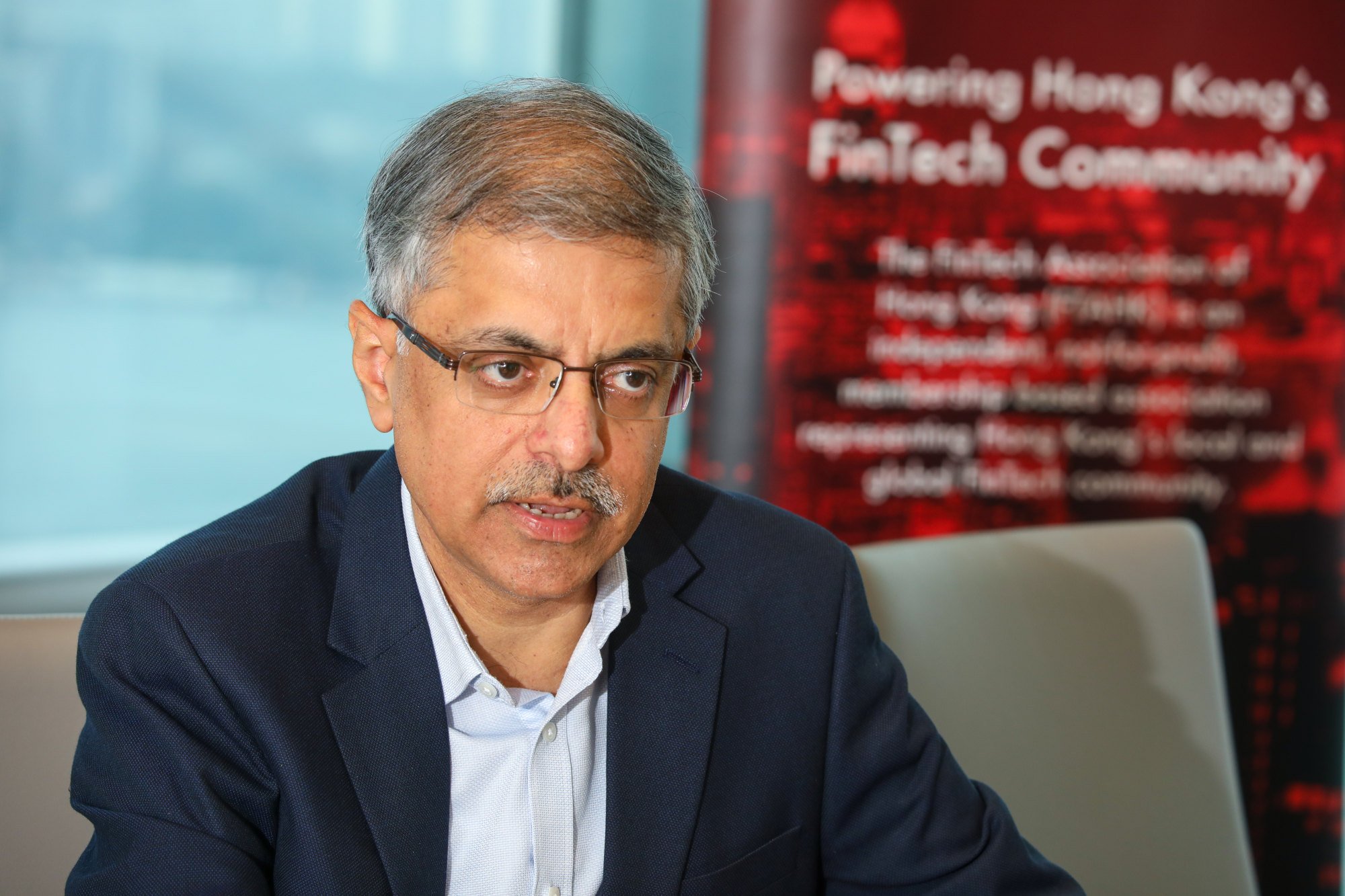
18 Jan Hong Kong’s green tech hub goal: nurture start-ups, identify advantages and create talent pool, fintech body says
Hong Kong’s aim of becoming a green technology and finance centre can become a reality if efforts are concentrated on supporting start-ups and leveraging China’s expertise in crucial technologies, according to the FinTech Association of Hong Kong.
The government and the private sector should step up collaboration to create funding structures to back green start-ups, attract and nurture a talent pool and foster a risk-taking mindset, said Sandeep Sethi, co-chair of the non-profit’s green tech and ESG committee.
“Various cities are trying to promote themselves as green tech centres” said Sethi, who is also an independent consultant and a former executive at Deutsche Bank. “We feel it is important for Hong Kong to put that flag up and say we are the leading green tech centre. We need to identify sub-sectors where we feel Hong Kong has certain advantages.”
Given China’s leadership position in electric vehicles, renewable energy and hydrogen, these sectors can be initial targets for collaborations, he added.

The government followed up its intention by setting up a green technology and finance development committee, comprising leaders from the finance, technology, academic and professional services sectors in June.
Next month, the government is hosting the Hong Kong GreenTech Week, which aims to bring together green tech businesses and investors from around the world, according to co-organiser Green Development Institute.
On a more basic level, Hong Kong can do better by providing early-stage funding for start-ups involved in areas such as low-carbon energy products, greenhouse gas emissions and tools for collecting and analysing data on physical climate risks, said Chris Barford, a director of the FinTech Association of Hong Kong.

“Some green tech start-ups that have done well after getting seed funding of HK$10 million (US$1.3 million) to HK$20 million have struggled to raise additional financing to fund expansion,” said Barford, who is also the Hong Kong financial services consulting data and analytics lead at consultancy EY.
The government should consider expanding its financial assistance programmes, which would encourage family offices and institutional investors to take part in fundraising by start-ups, he added.
Towards that end the Hong Kong government is providing assistance. The different research and development funding schemes overseen by the Innovation and Technology Commission had provided total funding of some HK$400 million to about 130 green tech R&D projects as of last June, according to the Environment and Ecology Bureau.
The bureau also administers a HK$400 million Green Tech Fund that supports R&D projects in net-zero electricity generation, energy savings, green buildings, green transport and waste reduction. Some 30 projects have received HK$132.5 million since the fund was set up in 2020.
The government’s Hong Kong Science and Technology Parks Corporation and Cyberport have also set up separate funds to co-invest with angel investors and venture capital funds in start-ups at their respective industry parks.
Hong Kong regains appeal among global talent amid demand in fintech, ESG
Hong Kong regains appeal among global talent amid demand in fintech, ESG
“There is a gap between the intention and the actual projects that get financed,” said Sethi. “A lot of these are new technology projects where it is hard to prove the business case and profitability. This is where public-private collaborative funding can help.”
Other difficulties facing the government and industries include growing the talent pool, Sethi said.
Some 80 per cent of senior finance executives in the city, surveyed late last year by the Hong Kong University of Science and Technology, said recruiting green and sustainable finance professionals was more difficult compared with other job functions. Talent retention and acquisition was the second most pressing issue after disclosure regulations.
Fostering a risk-taking mindset is another challenge, according to Sethi.
“In a lot of Asian countries, the education systems are focused on preparing students to get stable jobs, but in tech we need entrepreneurs who are willing to take risks,” he said. “It takes years and perhaps generations to change the mindset.”
